Former UK Special Forces Speak Out on Alleged War Crimes by Comrades
In a historic break from silence, ex-members of the UK’s elite Special Forces units have provided the BBC’s Panorama program with firsthand accounts of alleged war crimes committed by fellow soldiers during deployments in Iraq and Afghanistan.Former UK Special Forces personnel have, for the first time, publicly shared detailed eyewitness accounts of grave misconduct committed by their colleagues during combat missions. The testimonies, given to BBC’s Panorama, include claims of unlawful killings, executions of unarmed and detained individuals—including children—and widespread efforts to cover up these acts.
A former Special Air Service (SAS) soldier recounted witnessing the execution of a handcuffed boy in Afghanistan. “He was clearly a child, not even close to fighting age,” the veteran said. Others described a disturbing pattern where detainees were searched, restrained, then summarily executed. The killings were later disguised by removing handcuffs and placing weapons near the bodies.
These incidents, according to the veterans, occurred over more than a decade—far exceeding the current timeframe under investigation by a UK public inquiry. For the first time, the Royal Navy's Special Boat Service (SBS) has also been implicated in similar acts. One SBS veteran described the operations as lawless, saying, “I saw the quietest guys switch, show serious psychopathic traits. They were lawless. They felt untouchable.”
Special Forces were originally deployed to Afghanistan to counter the Taliban threat and protect UK troops. The conflict was deadly: 457 British service members lost their lives, and thousands more were wounded.
Responding to the BBC's revelations, the UK Ministry of Defence stated its commitment to supporting the public inquiry and urged veterans with information to come forward, but declined to comment on the specific allegations due to the inquiry’s scope.
The testimonies come from over 30 individuals who served with or alongside UK Special Forces, including the SAS and SBS. They describe systematic abuses: unarmed men killed during night raids, detainees executed despite posing no threat, and manipulation of post-operation reports to obscure wrongdoing. Some veterans claim that commanders were aware of these practices and failed to intervene.
One former SAS operator admitted that killing could become addictive for some. “There were lots of psychotic murderers,” he said, adding that entire buildings full of sleeping people were sometimes wiped out without cause.
In one account, a wounded Afghan man being treated by a medic was executed at close range by a UK soldier. “These are not mercy killings,” the witness emphasized. “It’s murder.”
Junior team members were often instructed by senior operatives to ensure that detainees did not survive. Orders like “he’s not coming back to base with us” were used as coded commands to execute captives.
The testimony also alleges a culture of competition within SAS squadrons, where operators counted and compared their kill numbers. In one infamous case, a soldier allegedly slit the throat of an injured man in order to "blood his knife," an act supported by other former team members’ accounts.
Efforts to hide these actions were systematic. Soldiers reportedly carried fake weapons and grenades to plant on bodies, and post-raid reports were edited to avoid military police investigations. One intelligence officer recalled reading reports of firefights that were inconsistent with photos showing victims with clean headshots.
Despite repeated complaints from Afghan officials about civilian casualties, especially during night raids, little appears to have been done at the top levels of British government. Then-Prime Minister David Cameron was reportedly warned multiple times by Afghan President Hamid Karzai, according to several sources present at those meetings.
Former NATO ambassador Gen. Douglas Lute said it was implausible that such complaints wouldn’t have reached the UK chain of command. Lord Cameron’s spokesperson responded that he only recalled general complaints about NATO forces and denied any knowledge of specific SAS actions.
The UK remains one of the few Western nations without formal parliamentary oversight of its Special Forces. Strategic responsibility lies with the Prime Minister, Defence Secretary, and head of Special Forces.
Bruce Houlder KC, former director of service prosecutions, expressed hope that the inquiry will determine just how high knowledge or complicity in these alleged war crimes extended. “You need to know how far the rot went up,” he said.

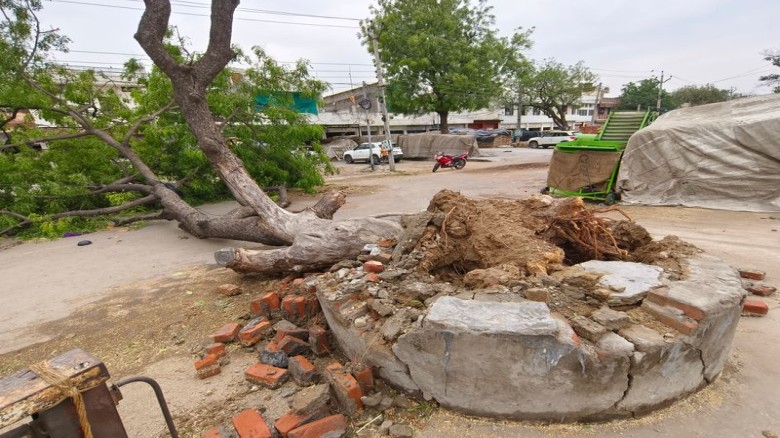
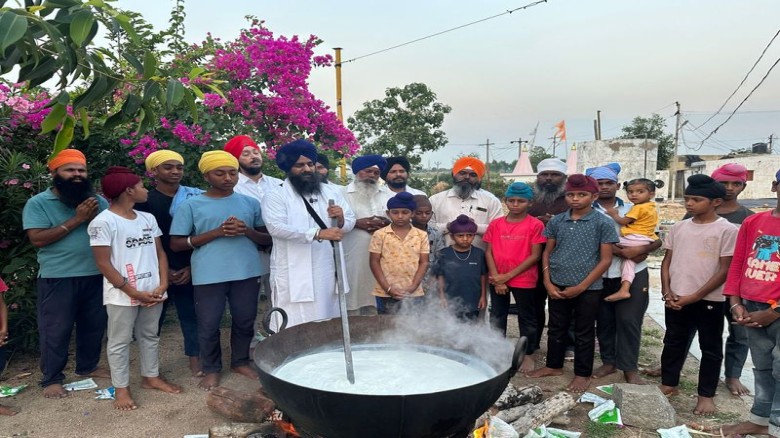
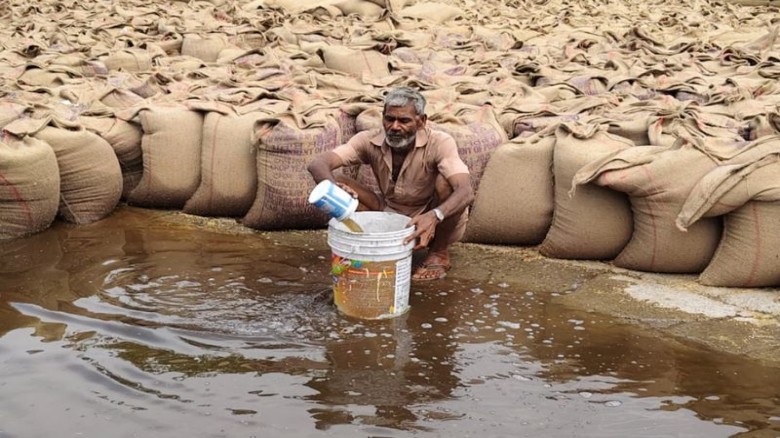
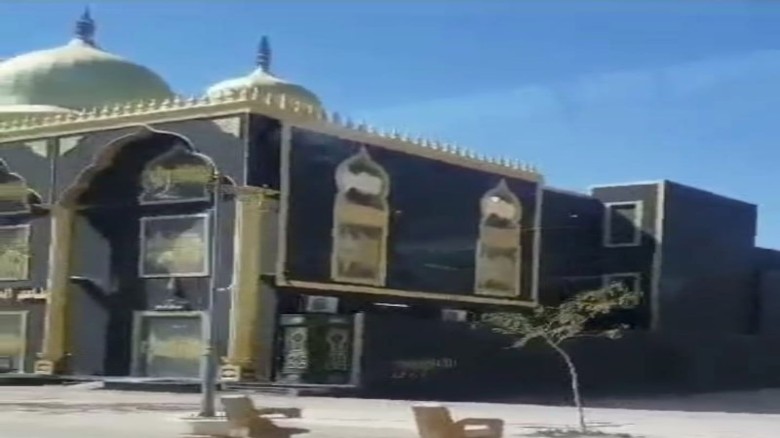


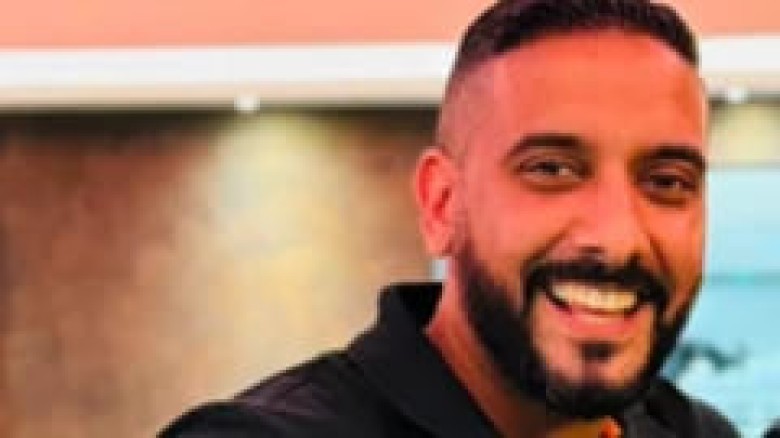
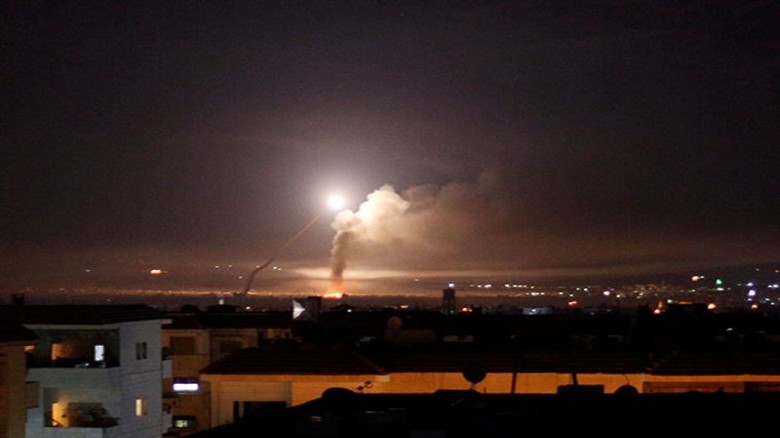
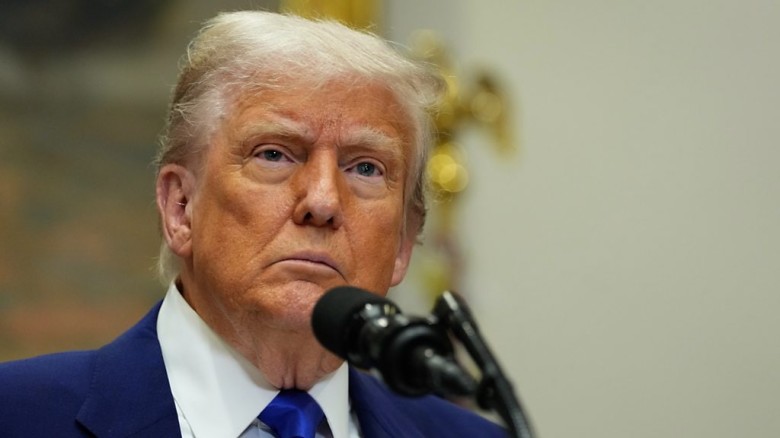
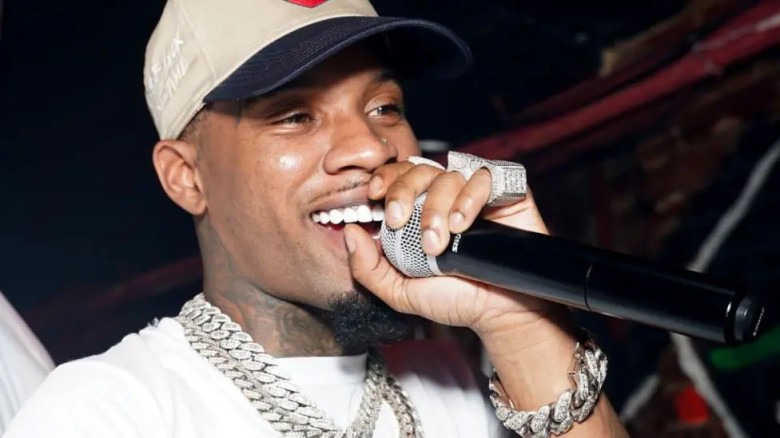
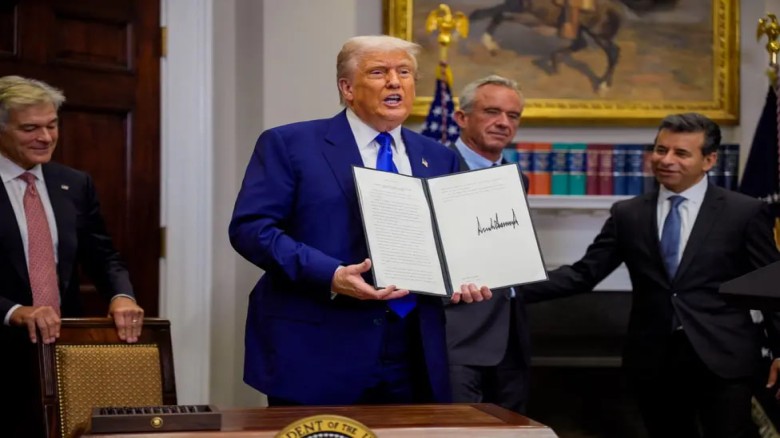
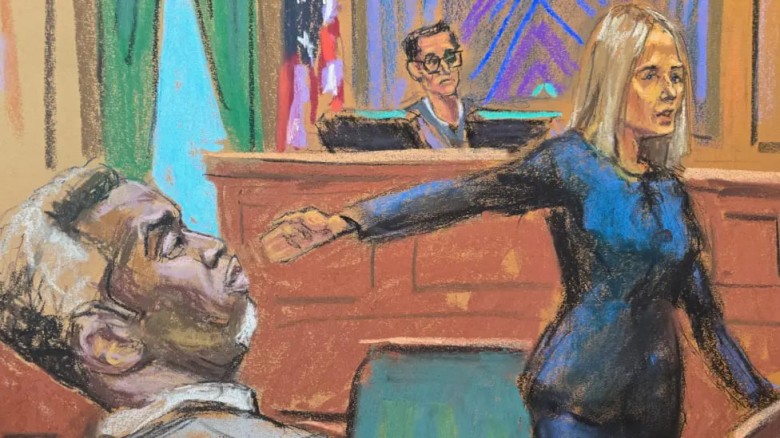

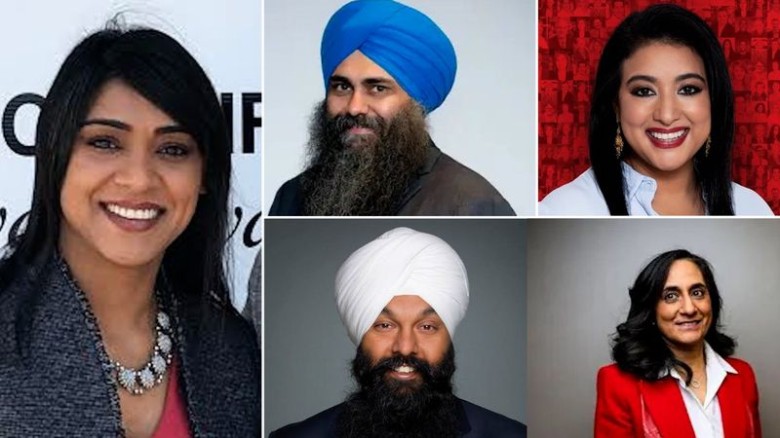


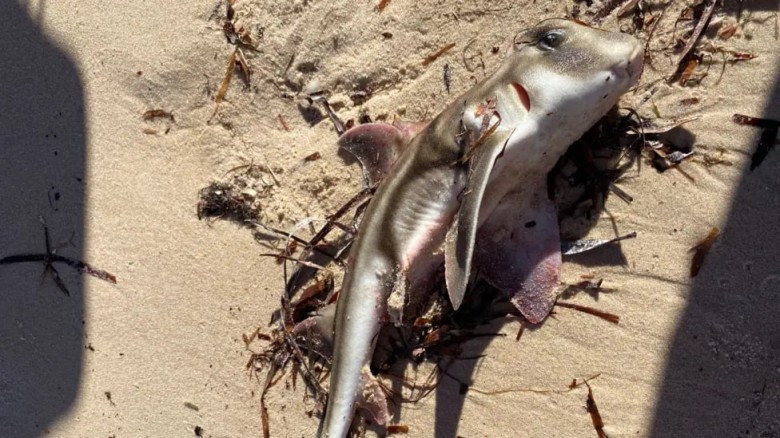

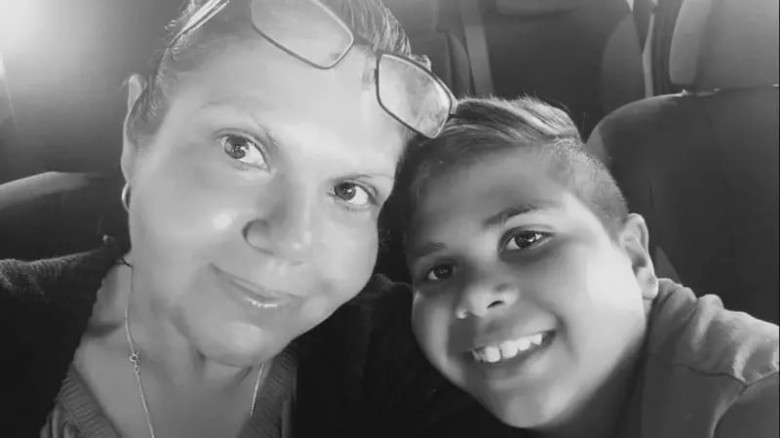
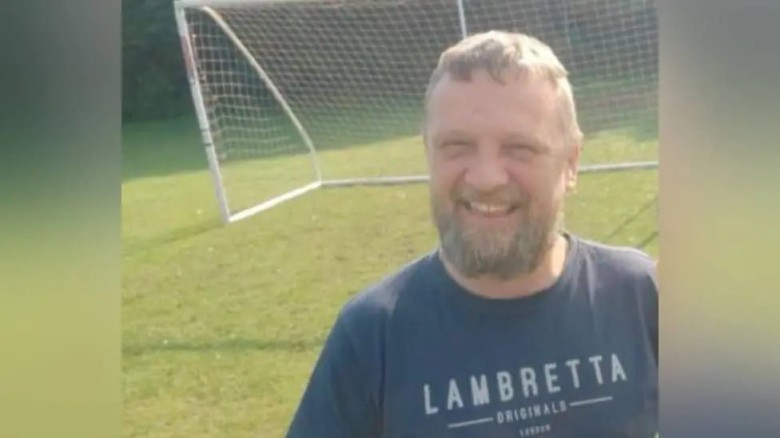
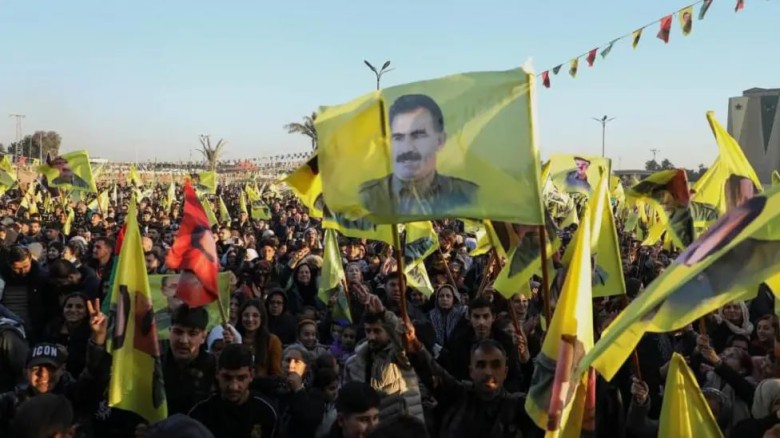
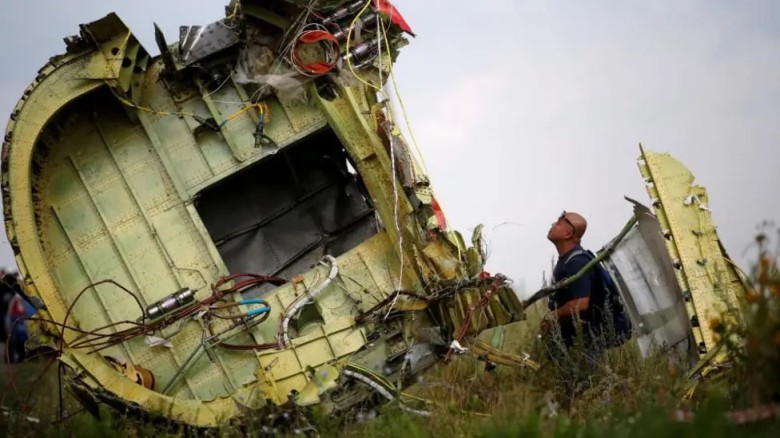
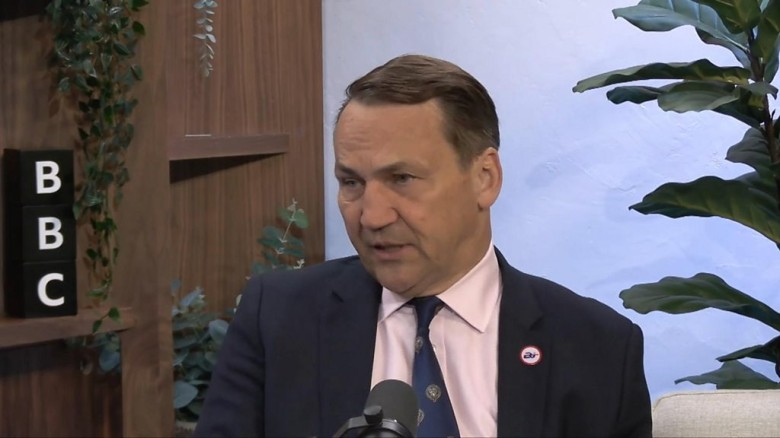


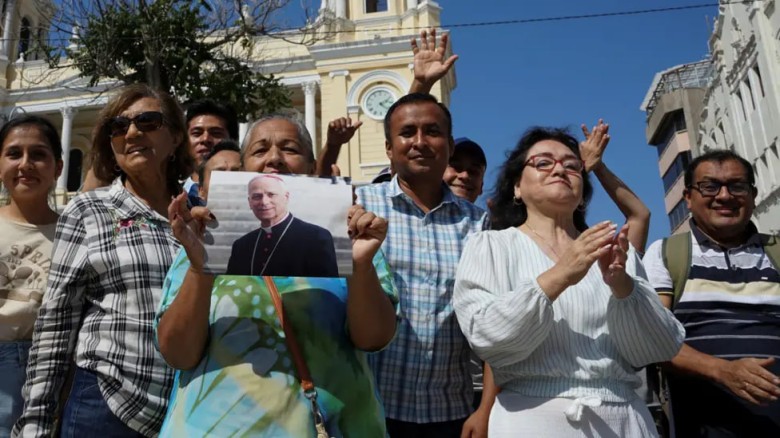
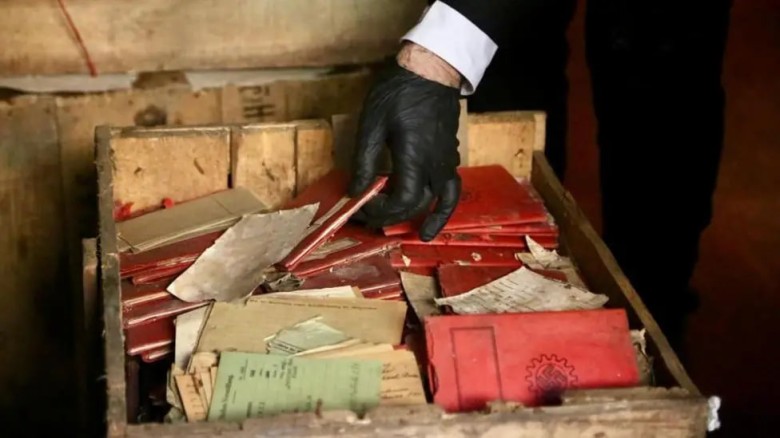
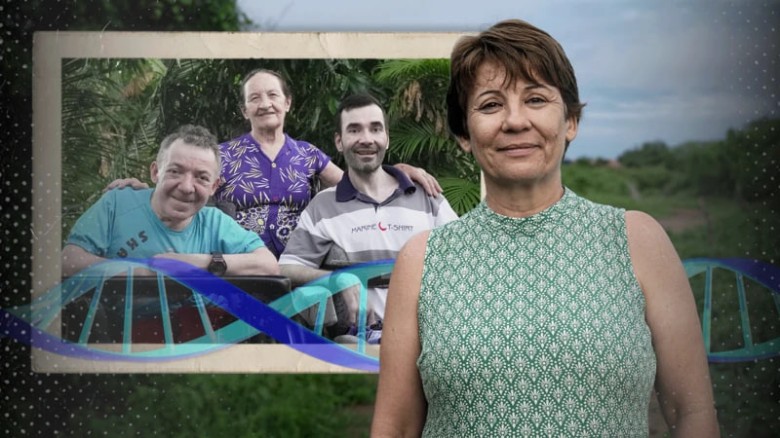









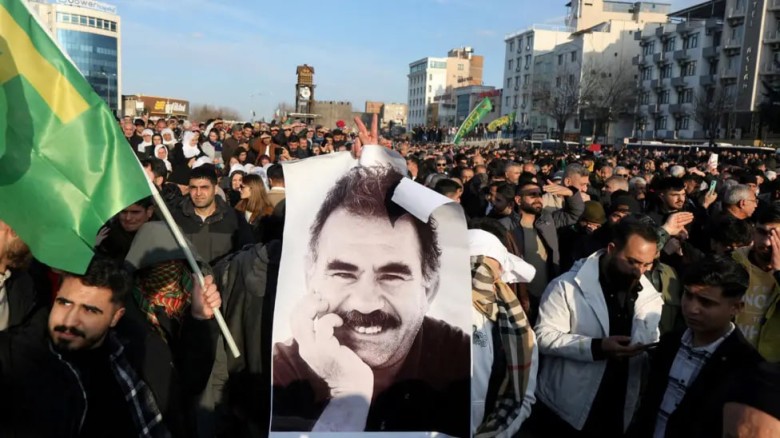
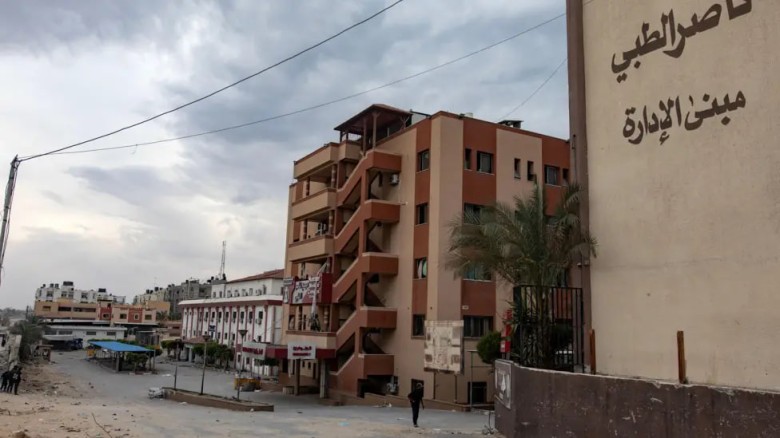
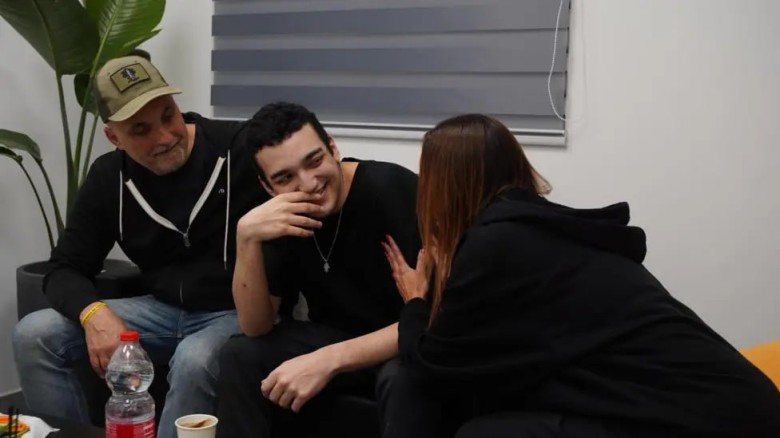
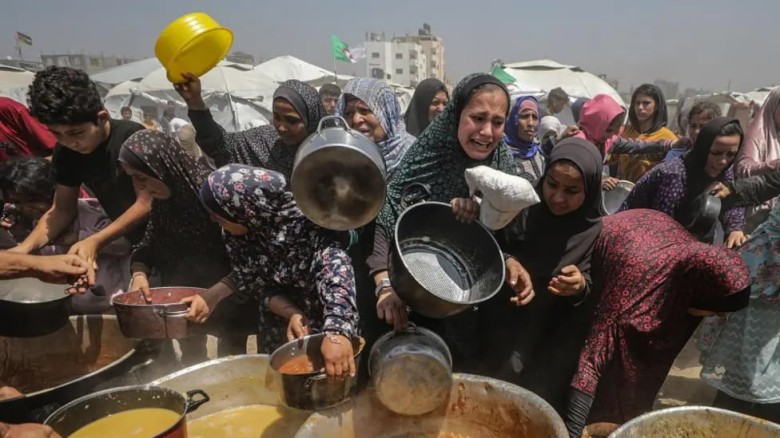







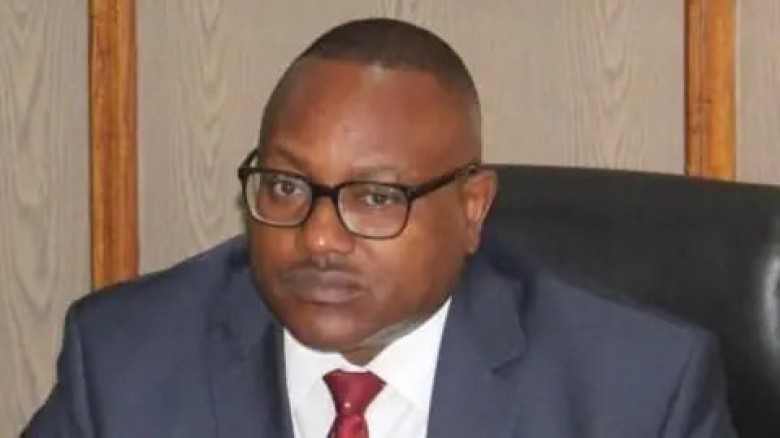
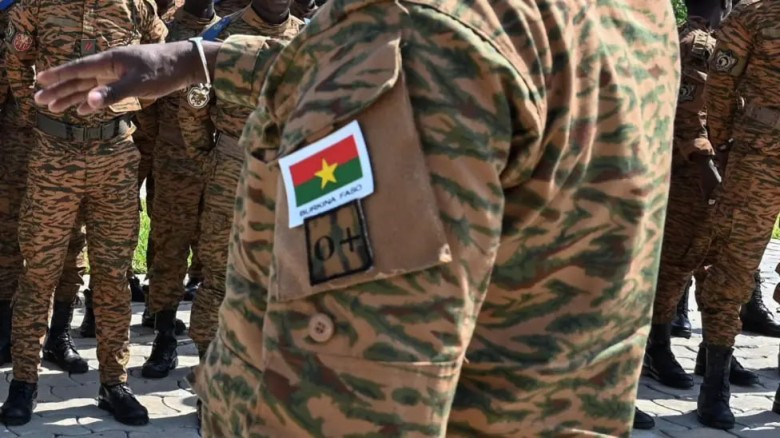
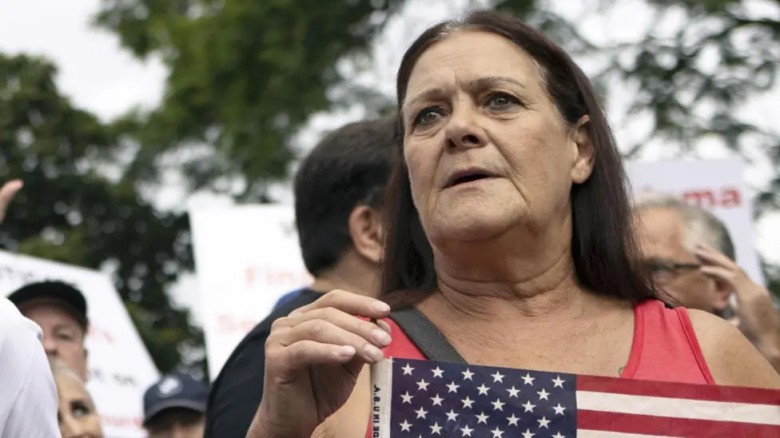
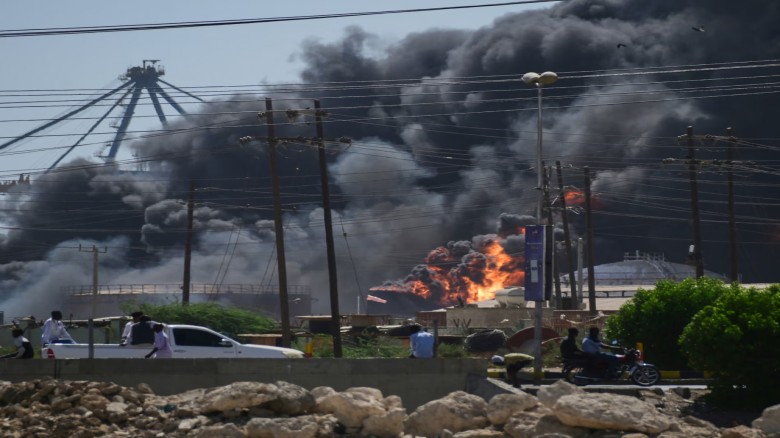



















Leave A Comment